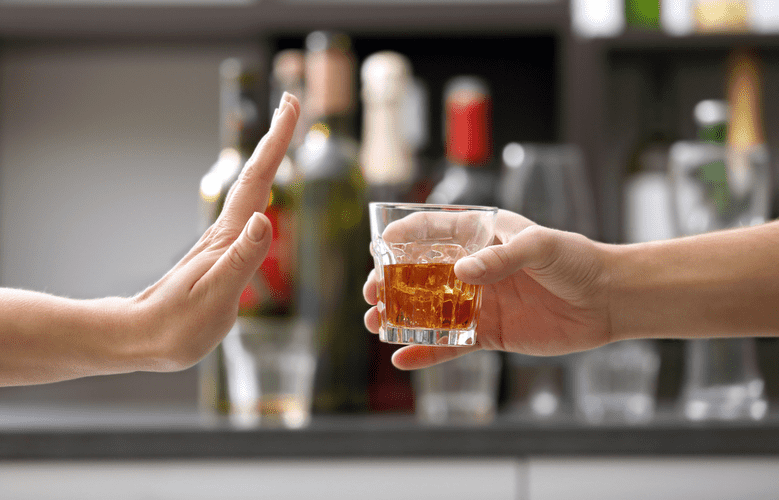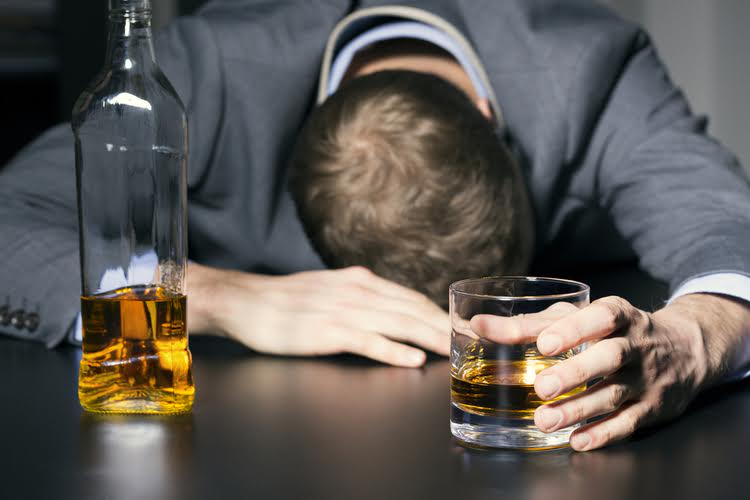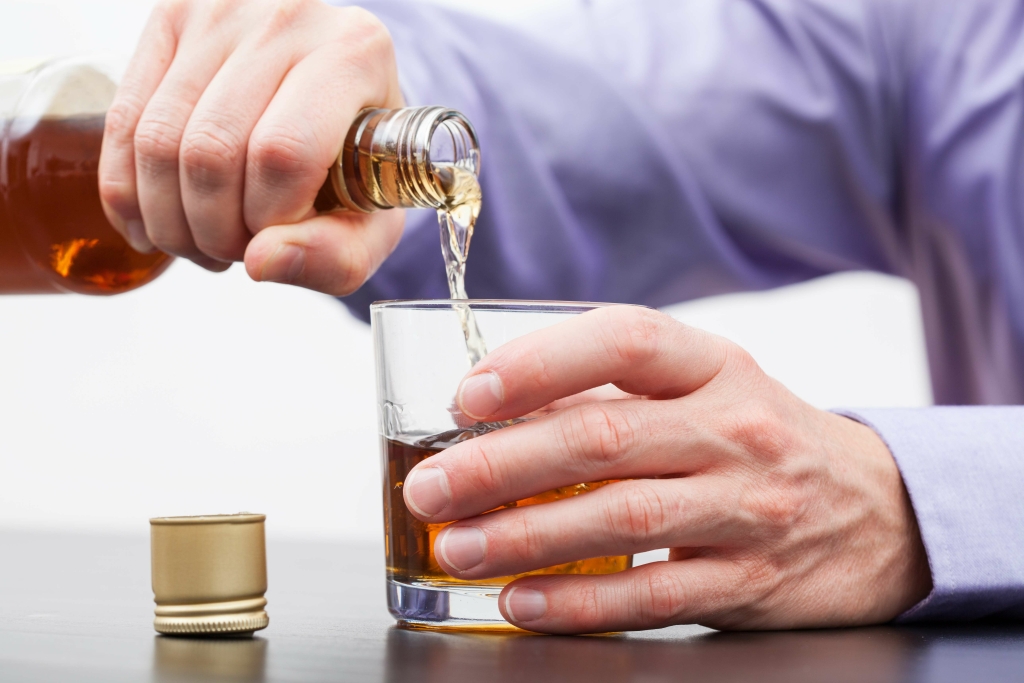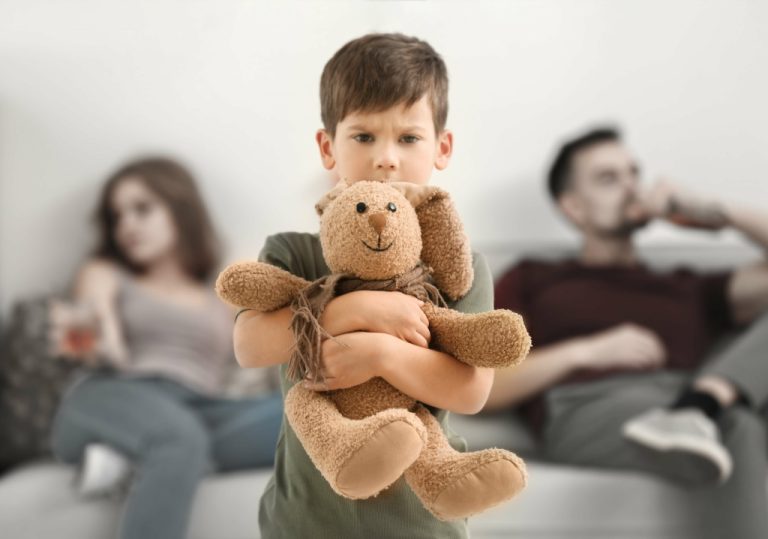Sober living
2025 World’s Strongest Man Live Results & Leaderboard
Jackie Osczevski managed to break into second place with a time of 51.16 seconds. She needed just 47.76 seconds to carry and load the sandbags, which marked another impressive result for her at the competition. Only two athletes managed to complete the entire event and Allira-Joy Cowley was by far the quickest one.
Their powerful hind legs provide most of their power, and tigers use them to leap up to 25 feet in a single bound. Their bites are actually more powerful than those of a lion. Silverback gorillas also need strong teeth to eat, and they use them to attack prey or other gorillas that challenge them.
In a near-identical scenario to the Log Challenge, Andrea was once again the only woman that managed to lift all implements that she faced. Similar to an earlier deadlift event, the athletes had to lift four implements once again. As the athletes proceeded to the second half of the 2025 World’s Strongest Woman competition, they faced the Sandbag Steeplechase event.
Kratos Is Among the Strongest Characters Due to His Resilience & Immortality
- Years of warfare augmented his strength substantially, which he later used to usurp and destroy the Norse pantheon of deities.
- The main goal was to reach the end, but the athletes were then ranked based on the time needed to perform a certain number of reps.
- It means the most strong out of a group.
- Bison can charge at up to 40mph, often challenging other males to brutal head-to-head battles and using their weight to their advantage.
- The 2025 World’s Strongest Woman Results – Image credit @andreathompson_strongwoman Instagram
- Sturdy implies strength derived from vigorous growth, determination of spirit, solidity of construction.
The weight of the implements came out to 225-lb (102.1-kg), 250-lb (113.4-kg), 275-lb (124.7-kg), and 300-lb (136.1-kg). In turn, they had to lift four implements over a 42-inch-high beam. Katie Blunden finished third, lifting the last implement five seconds after Booker. Being an overhead pressing event, Andrea Thompson found herself at the top of the leaderboards once again. Katie Blunden rounded up the top three as the quickest athlete to complete three quarters of the event.
Jack The Ripper’s Real Identity Divides The Internet After Major DNA Breakthrough Resurfaces
BarBend is on the ground in Sacramento, covering the competition live. However, the roster is stacked, and the events will test them all. Kal-El’s long-lost cousin, who had gotten lost in space at the same time that he arrived on Earth, soon became a superhero like him. He’s super strong, fast and nearly invulnerable, especially to Earth’s poison or illness. He possesses 12th-level intelligence and is smarter than most other characters in the DC Universe.
The 2025 World’s Strongest Woman Results – Image credit @andreathompson_strongwoman Instagram We’ve tackled the difference in spelling and usage of the word “strongest.” Remember, there’s no version with an extra ‘r’. For instance, words ending in “ed” might sometimes sound like they end in “t” depending on the accent. Words like “strongest” are great examples of why pronunciation doesn’t always match spelling. Imagine reading a book where “strongest” is misspelled as “strongest.” You might stop and think, “Did I miss something? First, we need to know what “strongest” means.
Just how strong is Polmos Warszawa Spirytus Rektyfikowany, anyway?
Aside from being one of the strongest characters, he’s also an incredibly popular hero character. Dragon Ball’s Goku is one of the most common names when mentioning the strongest fictional characters, no matter the medium. Among the strongest Justice League members, the only thing holding Wonder Woman back is that she doesn’t have cosmic abilities like other fictional characters.
Eren Yeager Possessed the Power of Three Titans
Andrea Thompson spent the majority of the 2025 World’s Strongest Woman competition in first place and managed to maintain her lead until the end. However, Jammie was disqualified after the competition, making Andrea Thompson the overall champion. It featured hundreds of athletes across multiple divisions / competitions, with one of the biggest ones being the 2025 World’s Strongest Woman. Learn a new word every day. strongest vodka in america Tenacious suggests strength in seizing, retaining, clinging to, or holding together. Sturdy implies strength derived from vigorous growth, determination of spirit, solidity of construction.
Parents Share The Moments They Realized Their Kids Might Be Horrible People (35 Posts)
Nadia Stowers rounded up the top three, completing the event in 26.45 seconds. She was significantly quicker than the rest of the athletes, as Andrea Thompson finished in second place with a time of 24.89 seconds. Expect expert-backed workouts, nutrition advice, the latest in strength sports, and a whole lot of motivation heading your way. Get daily inspiration, expert-backed workouts, nutrition tips, the latest in strength sports, and the support you need to reach your goals. Therefore, the athletes got to pick between lifting 195-lb (88.5-kg), 225-lb (102-kg), and 250-lb (113.5-kg) for as many reps as possible. As a result, the athlete was disqualified from the competition and stripped of the title.
“‘Genes’ Are Fine!”: Michelle Obama’s Casual Look With Ultra-Long Hair Is Breaking The Internet
- So, the next you hear someone say something like “strongest,” you can be sure about what they mean and how it should be written.
- A male silverback gorilla’s upper body strength is roughly ten times that of the average human, allowing it to lift up to 800 kg, break large tree branches, and fight off attackers.
- Marvel has no shortage of powerful characters, but when it comes down to the strongest superheroes, their reputations precede them.
- For instance, words ending in “ed” might sometimes sound like they end in “t” depending on the accent.
They also have powerful bites that can cut through 1,200 pounds. Their skulls are also large and heavy, giving them extra force to use when fighting. The African bush elephant is capable of carrying 9,000 kilograms and uprooting full-grown trees with their insanely powerful trunks.
It’s a pound-for-pound powerhouse capable of pulling loads over 1,100 times its body weight, which is equivalent to a human hauling six double-decker buses at once. It may be small, but the dung beetle is actually one of the strongest animals in the world. The grizzly bear easily earns its spot among the strongest animals on Earth thanks to its towering, muscular build.
The pantheon of superpowered heroes in pop culture continues to grow as the world consumes hundreds of thousands of stories across all media forms. They’re not as large as African elephants, but white rhinos can hold their own in a fight thanks to their superior speed and large, sharp teeth. It can charge at 30mph and ram through dense brush with around 8,000 pounds of force.
BarBend is the Official Media Partner of USA Weightlifting. We will provide live coverage as the events finish. Stay tuned for event-by-event coverage.
She recorded a time of 11.49 seconds, while the next quickest woman, Patricia Smit, needed nearly double the time to replicate the feat. However, Allira Joy Cowley won the event, being the fastest athlete to lift two sandbags. The final event of the competition proved to be extremely difficult for the women, as seen by the fact that no one managed to complete it.
Tiny, adorable animal Moo Deng might have made hippos a viral sensation in the past year, but her full-grown family members are the ones to watch out for. Like the dung beetle, it has a durable exoskeleton engineered for maximum leverage, plus tiny horn-like projections that help it fight off rivals, like its namesake mammal. Dung beetles vastly outrank them in strength, despite not being much bigger in size. Their strength comes in very handy for rolling dung for sustenance.
What Causes A Hangover? Symptoms, Duration, Treatment, and More
You may think you fall asleep and stay asleep longer after consuming alcohol, but the type of sleep you get does more harm than good. Instead, it is shorter, disrupts body temperature, and prevents hormone and cortisol release. These are drug addiction some of the reasons you feel more fatigued when you wake up after a night of drinking alcohol. If you want to minimize the length of your hangover or avoid severe hangover symptoms, stick to moderate drinking.
How Long Do Hangovers vs. Withdrawal Last?
The Food and Drug Administration (FDA) warned companies against claiming their supplements cure or prevent hangovers — without FDA approval, it’s illegal to do so. The only surefire way to avoid a hangover is to drink in moderation or not at all. If you do end up with a hangover, there are other, safer steps you can take to help your body recover. It enhances the effects of GABA, the main inhibitory neurotransmitter, causing sedation. At the same time, it inhibits glutamate, the main excitatory neurotransmitter, which affects memory formation and learning.
- Over half of the adults in the United States have consumed an alcoholic beverage in the past month.
- Generally speaking, your body can process about one alcoholic drink per hour.
Does Alcohol Show Up on a Drug Test?

Bradley Sleep and Chronobiology Laboratory, drinking up to three alcoholic drinks can make you fall asleep fast, but it ultimately leads to more sleep disruption throughout the night. It simply raises your blood alcohol level again, delaying the inevitable onset of withdrawal-like symptoms that constitute a hangover. This can easily lead to a vicious cycle and, in some cases, dependence. A hangover’s length is influenced by factors like alcohol intake, hydration, and body type, with most resolving in 8 to 24 hours. The peak of symptoms occurs as blood alcohol concentration returns to zero. Management focuses on rest and hydration, while a true cure does not exist.
When to Seek Medical Attention
In addition, decreasing the number of drinks decreases the severity of the hangover if one is experienced. In addition, symptom management can help alleviate the specific symptoms of a hangover. For example, if one is experiencing light sensitivity, then it may be helpful to wear sunglasses or stay away from lights. If one is experiencing dizziness, then it may be helpful to drink water and lay down or sit still for some time. Hangovers resolve by themselves, usually by 24 hours after onset, however, drinking water and getting sleep can lessen some (but not all) of the symptoms of a hangover.
- While there is no cure for a hangover other than time, it may be possible to reduce the severity of some symptoms.
- Several factors contribute to the cause of a hangover, but the catalyst for severe hangover symptoms is poor timing.
“As we get older, our cells age, and we might not be able to process toxins as we did when we were younger,” he says. So while three drinks was fine back in the dorms sophomore year, that amount may feel like double that 10 years later. “Alcohol has a diuretic effect—heavy drinking may maximize that,” says Vincent Pedre, MD, author of Happy Gut.
Our mental health services

Even if alcohol initially makes you feel drowsy, it disrupts the quality of your sleep. It reduces the time you spend in REM sleep, the most restorative phase, leading to fatigue and cognitive disruptions when you wake up. Hangover symptoms peak when the blood alcohol concentration in the body returns to about zero.
The Hangover-Free Guide to Healthy Drinking: Tips, Tricks, and Surprises!
Cocaine comedown is the first stage of withdrawal after binging on cocaine. People tend to binge on cocaine at parties or other social events, since the drug leaves the user with a sense of increased confidence and extra energy. When someone binges on cocaine, the brain’s dopamine levels spike tremendously and then wear off, leading to a crash. This comedown can last anywhere between a few how long can hangovers last hours and three days.

More alcohol just increases the toxicity of the alcohol already in your body. Not drinking alcohol is the only surefire way to prevent a monster hangover in the future. If you’re not feeling any better after 24 hours, it’s best to check in with your healthcare provider. Mild dehydration can https://ecosoberhouse.com/ give you a headache, dry mouth, and make you feel dizzy and tired — all common symptoms of a hangover.
Does alcohol cause bruising?
Researchers do not know the exact cause of rosacea and believe many factors may influence the condition. However, according to a 2021 systematic review, drinking alcohol can increase the risk of rosacea. A person with AUD may be unable to manage their drinking habits and may drink excessively. Heavy drinking can increase a person’s risk of developing alcohol use disorder (AUD). This article discusses some does alcohol make bruises worse of the short and long-term effects that drinking alcohol can have on a person’s skin.
Be Responsible During Drinking
- It is important to note that chronic heavy drinking can further exacerbate these effects, potentially leading to more severe skin problems.
- The findings were published in the August 2010 issue of the journal “Archives of Dermatology.”
- Consulting with healthcare professionals can help determine the most suitable treatment plan based on factors such as the severity of alcohol misuse, overall health, and personal circumstances.
- This can lead to bruising even when there is no trauma to the skin.
Occasional drinking of fewer than two glasses per day is acceptable, but it’s best to familiarize https://bunglon138slot.net/10-ways-to-replace-spirits-in-non-alcoholic/ yourself with signs of alcohol addiction and to prevent developing an alcohol use disorder. Other alcohol-related liver diseases resulting from consistent liver inflammation, like alcoholic jaundice (aka alcoholic hepatitis), are also common with chronic drinking. Often, bruising after drinking is a result of falling or bumping into something. Coordination problems from alcohol consumption make injuries more likely, and since alcohol dilates the blood vessels, you’re more likely to bruise if you do fall or bump into something.
How long does it typically take for a bruise to heal?

Additionally, heavy drinkers usually get most of their calories from alcohol. Early intervention and Halfway house lifestyle adjustments can significantly reduce inflammation and its effects, improving overall health and slowing alcohol-related aging or organ damage. Inflammation is the body’s natural response to injury, infection, or harmful stimuli. It is a protective process that helps the immune system remove harmful agents and begin the healing process. Inflammation can be acute, occurring over a short period after an injury or infection, or chronic, lasting for months or years when the immune system is consistently activated.
Why can’t we heal perfectly?
Staying hydrated also aids in flushing toxins from the body and improving skin and organ function. Research shows that people who have psoriasis drink more alcohol than people without the condition. One review of available research says it can be hard to draw firm conclusions about alcohol from older studies. The participants in those studies might’ve had more than one psoriasis trigger (like smoking). Also, past studies looked at different amounts of drinking, which makes it tricky to compare results. After you’re injured, it helps if you raise it above the level of your heart.
Over time, chronic alcohol use keeps the immune system in a constant state of activation. This ongoing inflammation can damage tissues, slow healing, and contribute to conditions like liver disease, heart problems, digestive issues, and premature aging of the skin. In conclusion, while alcohol itself does not directly cause bruising, it can indirectly contribute to its occurrence. Factors such as alcohol’s blood-thinning effects, impaired coordination, and liver damage can increase the risk of bruising. It is important to consume alcohol in moderation and take necessary precautions to prevent accidents or falls to minimize the risk of bruising.

Physical Signs of Alcoholism: Alcohol and Bruising
Most nosebleeds can be treated easily at home by applying a cold compress or ice pack to the bridge of the nose. For people with AUD or anyone worried about their intake of alcohol, help and support are available. If a person spends an evening drinking, they may also stay up late or not sleep at all. While treating ALD it is important not only to abstain from alcohol but also become conscious of other factors that could affect the liver. Treatment also consists of evaluation for other risk factors that can damage the liver or put the liver at higher risk, such as infection with hepatitis C and metabolic syndrome. Most people will not experience symptoms in the early stages of ALD.
When Does Alcoholic Liver Disease Cause Symptoms?
Drinking alcohol when you have anemia can worsen your condition. Alcohol further strains your body’s ability to produce healthy red blood cells, leading to increased fatigue and a slower recovery from anemia. Chronic alcohol consumption can cause liver diseases like cirrhosis, where scar tissue replaces healthy liver tissue. The damaged liver struggles to produce proteins vital for blood health, leading to anemia. Drink alcohol often occurs within the context of social gatherings where eating healthy isn’t as common (e.g., birthday parties, holidays, etc.). Having anemia means prioritizing foods rich in iron, along with certain vitamins to make more red blood cells.
- Alcohol can contribute to swelling indirectly by causing dehydration and impairing the body’s ability to heal properly.
- When you have anemia, your body is already susceptible to other forms of illnesses and infections.
- My compassion, resilience, empathy, wisdom, knowledge, experience and love I have for this forgotten population goes beyond words.
- Alcohol-induced bruising may take longer to heal due to alcohol’s impact on blood clotting mechanisms and potential vitamin deficiencies.
Talk to your doctor or dermatologist about existing skin conditions. The thing is, even moderate alcohol consumption can affect your face. Dehydration is a biggie when it comes to dry skin, puffiness, and management of skin conditions like psoriasis or rosacea.
Impaired liver function may result in redness or mottling on the palms of the hands. Other symptoms of cirrhosis may include yellowed complexion and the appearance of spider veins on the trunk, face, arms and hands. The American Academy of Family Physicians states that the number and size of spider veins can be correlated to the severity of chronic liver disease. Drinking excessively not only takes its toll on your skin’s appearance, but it can also worsen pre-existing skin conditions and leave you vulnerable to skin problems. Recognizing the signs of alcohol skin problems early on allows you to address your drinking habits before you cause irreversible harm to your body.
The rules on drinking alcohol after Botox, if you have any other questions, do let us know in the comments. Not per se – Bruising occurs when the small blood vessels under the skin are damaged, and blood leaks out. However, giving up alcohol right away isn’t sustainable or desirable for most people. After all, studies have shown that almost 50% of adults wish to reduce their intake without giving up alcohol altogether.